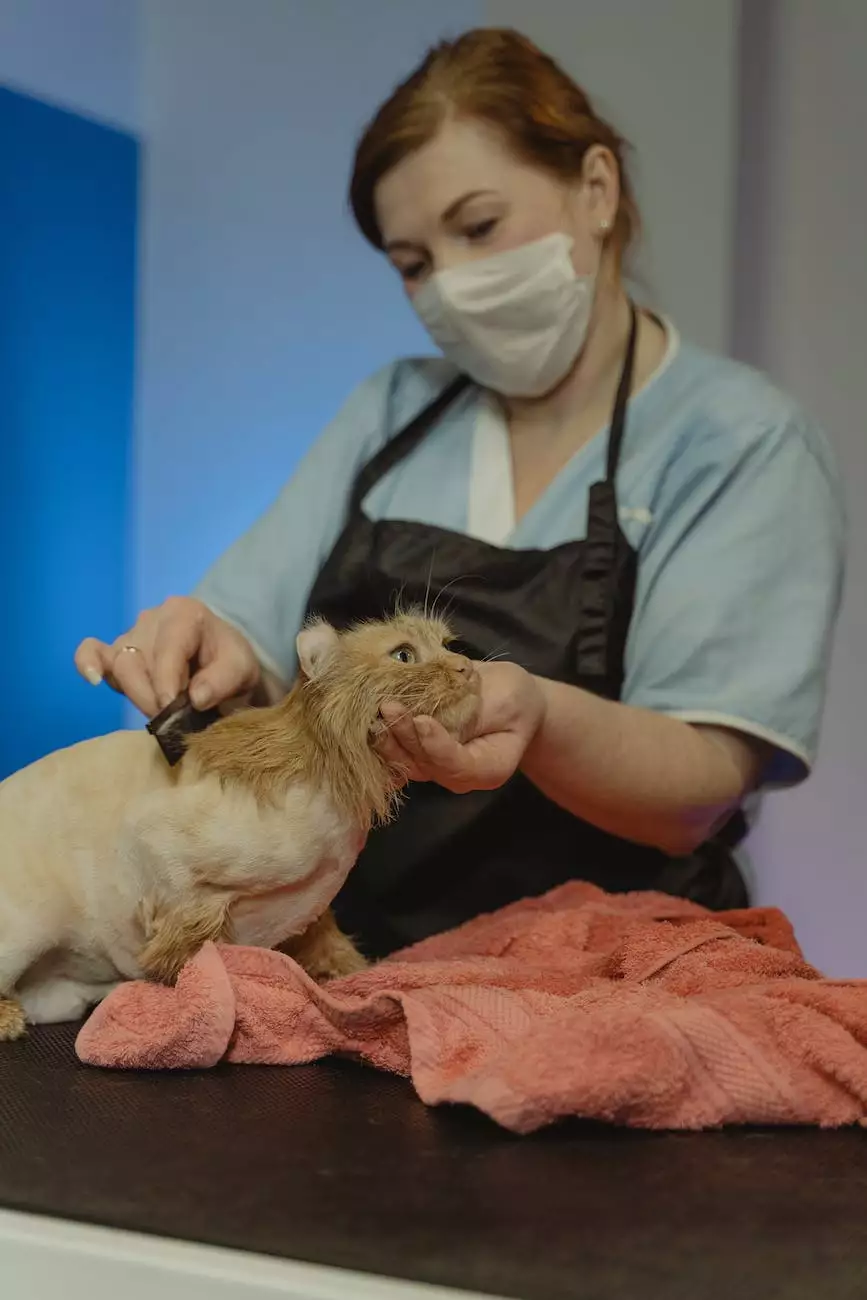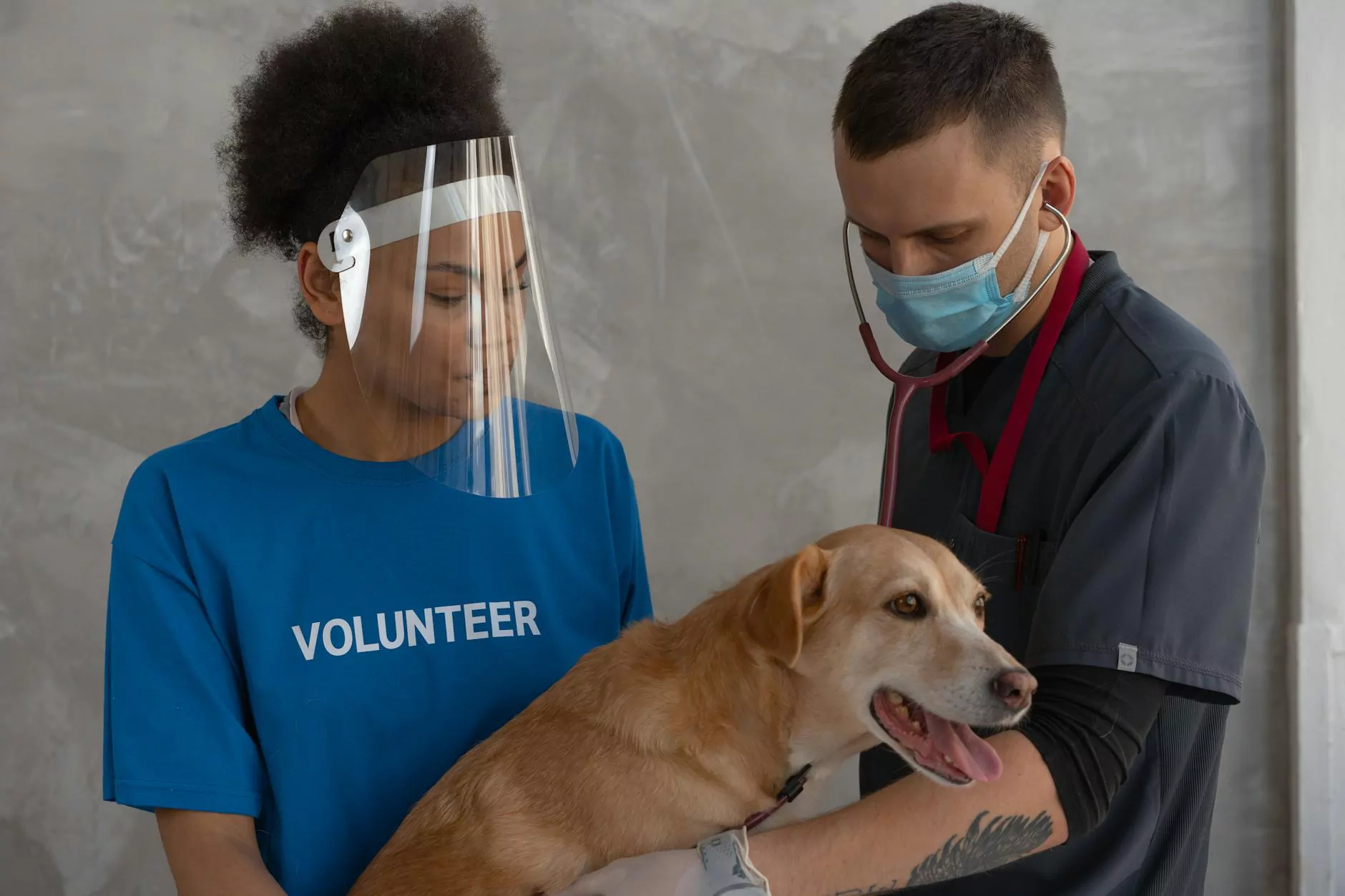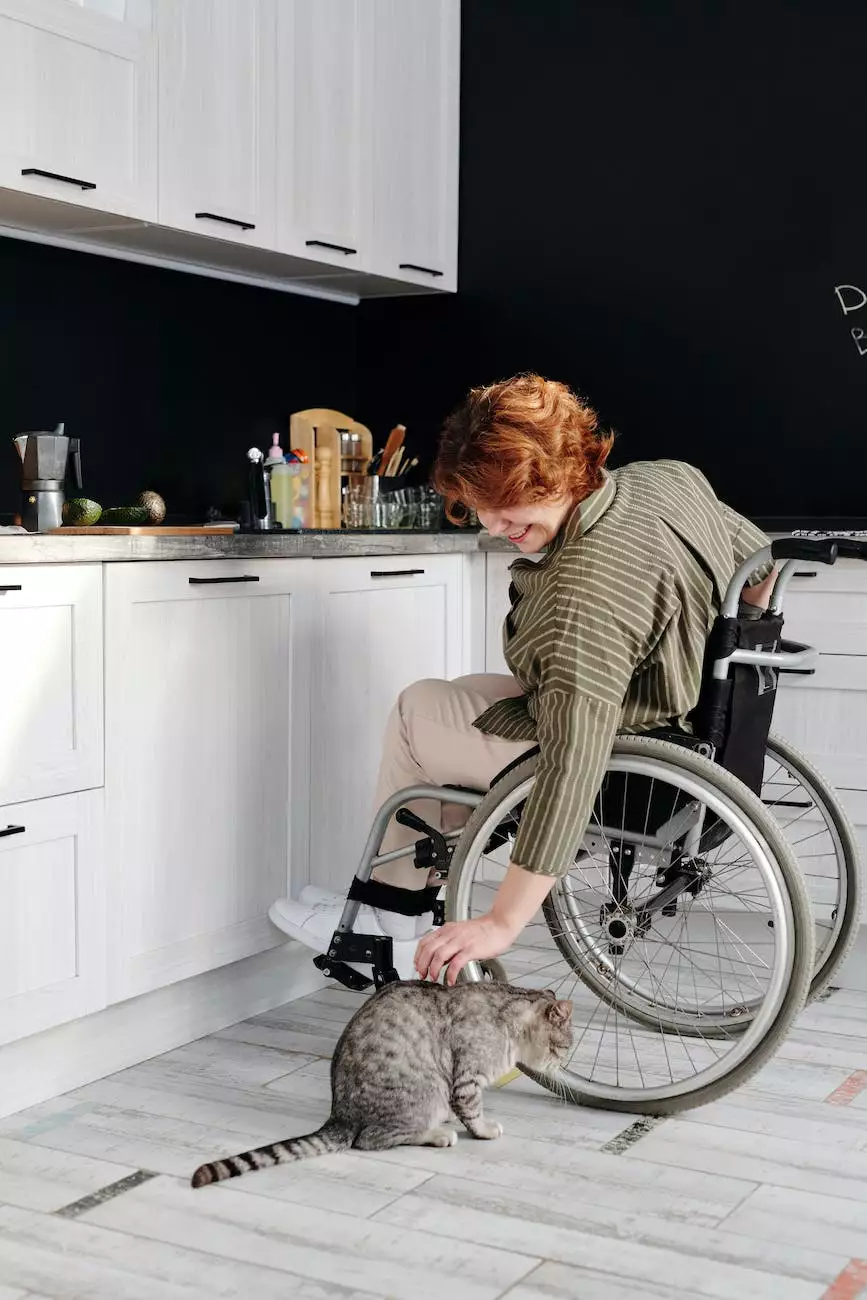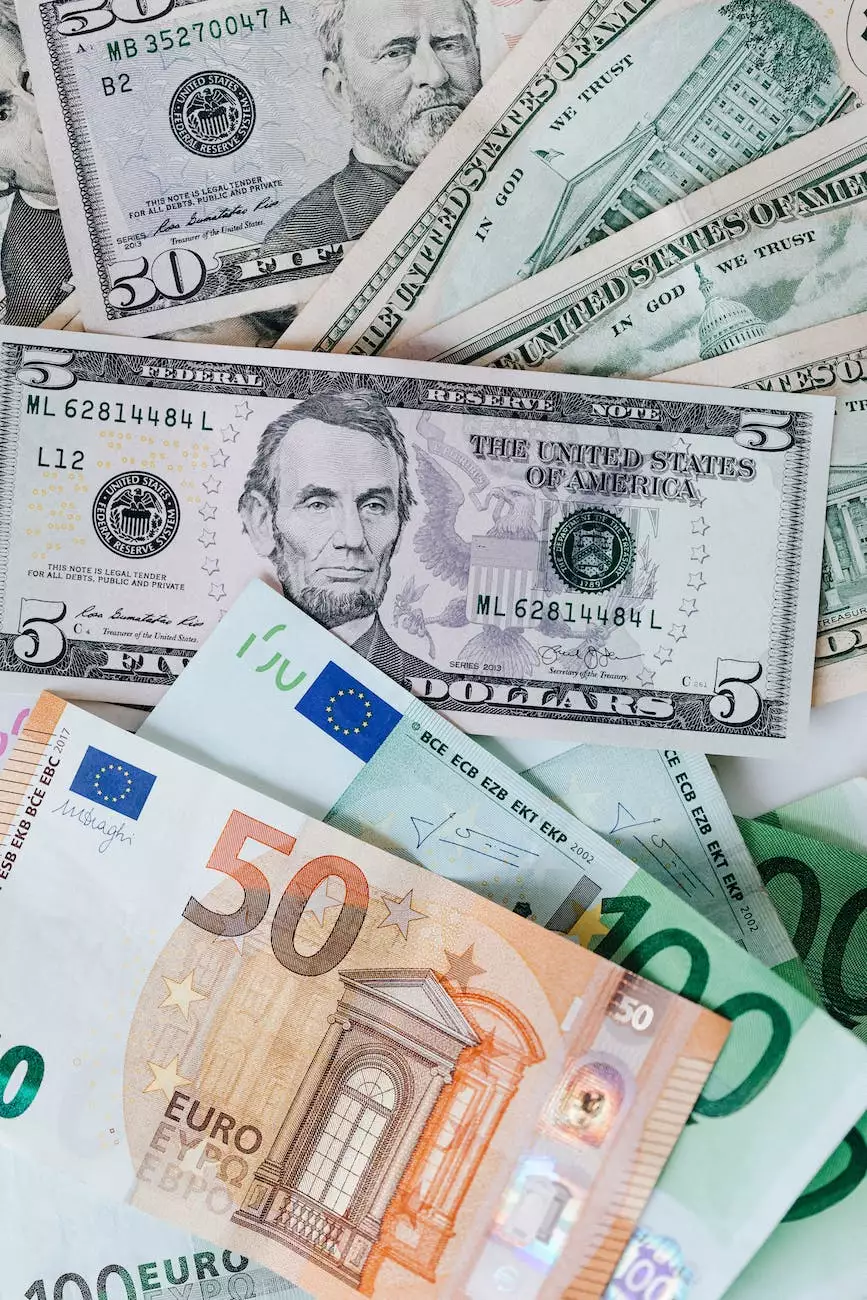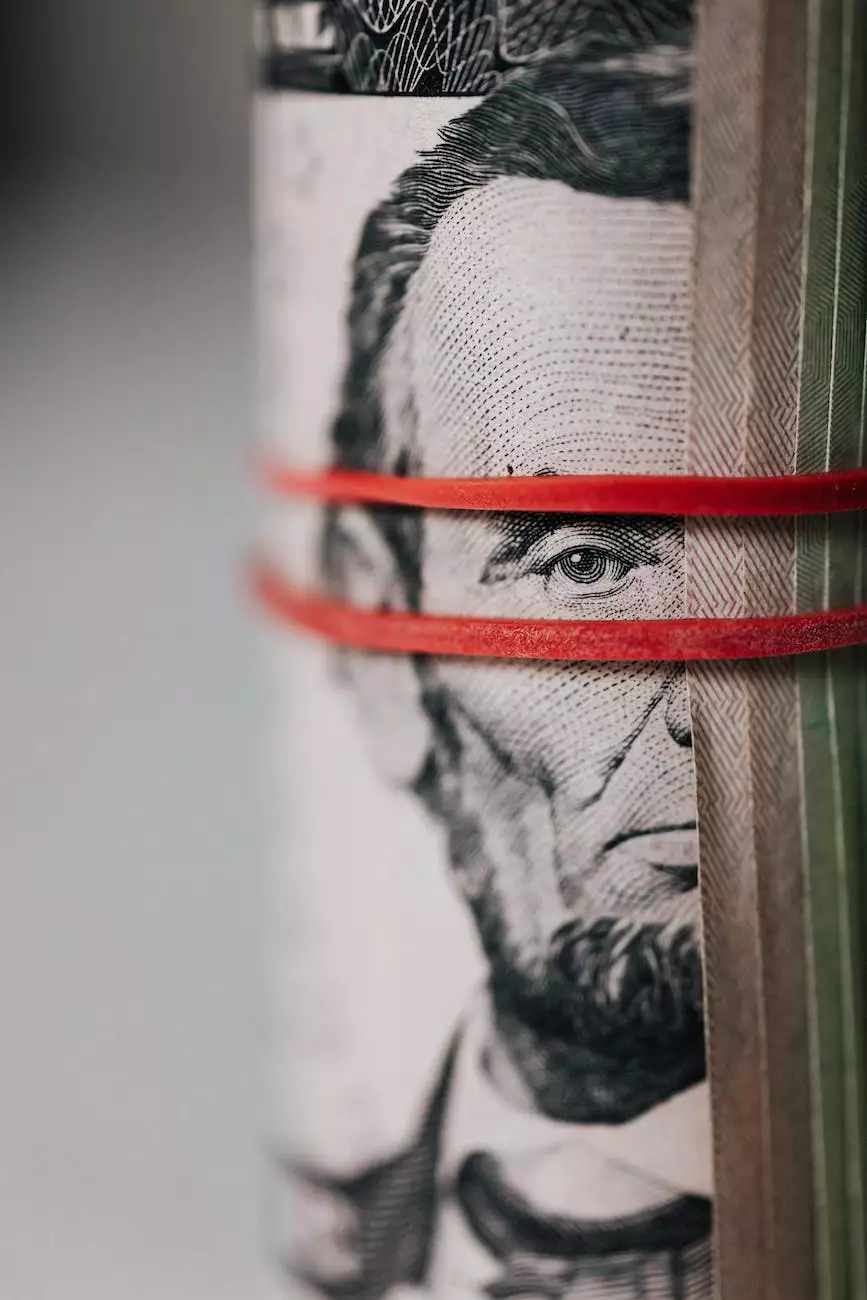9 Reasons Your Cat May Be Losing Weight
Blog
Introduction
Welcome to Mobile Animal Surgical Hospital, where we strive to provide the highest quality veterinary care for your beloved pets. In this article, we will delve into the topic of why your cat may be losing weight. Weight loss in cats can be a cause for concern, as it may indicate an underlying health issue. By understanding the potential reasons behind this phenomenon, you can take appropriate action to address the problem and ensure your cat's well-being.
1. Poor or Inadequate Diet
The first and most common reason for weight loss in cats is a poor or inadequate diet. Cats have specific nutritional requirements, and if their diet lacks essential nutrients, they may lose weight. Ensure that you are feeding your cat a balanced and nutritious diet that meets their individual needs.
2. Medical Conditions
Weight loss can be a symptom of various medical conditions in cats. Conditions such as hyperthyroidism, diabetes, kidney disease, gastrointestinal issues, or even cancer can lead to weight loss. If your cat is losing weight rapidly, it is crucial to consult a veterinarian to rule out any underlying medical conditions.
3. Dental Problems
Dental issues can significantly affect a cat's appetite and ability to eat. Cats with dental problems may not be able to chew their food properly, leading to weight loss. Regular dental check-ups and proper dental care can help prevent and address these problems.
4. Parasites
Another potential cause of weight loss in cats is parasites. Fleas, ticks, worms, or other internal parasites can lead to weight loss and poor overall health. Regular deworming and preventive measures against external parasites are essential to maintain your cat's well-being.
5. Stress or Anxiety
Cats, like humans, can experience stress and anxiety, which can affect their appetite and weight. Changes in their environment, such as new pets, moving to a new home, or changes in routine, can trigger stress in cats. Providing a calm and stable environment and addressing any underlying stressors can help alleviate this issue.
6. Age-related Factors
As cats age, their metabolism may slow down, leading to potential weight loss. Older cats may also suffer from age-related conditions that impact their appetite and weight. Regular veterinary check-ups and appropriate adjustments to their diet and lifestyle can aid in managing age-related weight loss in cats.
7. Intestinal Malabsorption
Intestinal malabsorption refers to a condition where cats are unable to absorb nutrients properly from their food. This can result from various gastrointestinal disorders and can lead to weight loss. Identifying and treating the underlying cause can help resolve this issue.
8. Allergies or Food Sensitivities
Cats, like humans, can develop allergies or sensitivities to certain foods. If your cat is allergic to a specific ingredient in their diet or has a food sensitivity, it may lead to weight loss. Consultation with a veterinarian can help identify the allergen or trigger and recommend an appropriate diet.
9. Increased Activity Levels
If your cat has recently become more active, such as through increased playtime or outdoor access, they may burn more calories, leading to weight loss. While increased activity is generally beneficial, ensure that your cat's diet is adjusted to meet their higher energy requirements.
Conclusion
Weight loss in cats should not be taken lightly, as it can be a sign of an underlying health issue. By being aware of the potential reasons behind your cat's weight loss, you can take proactive measures to address the problem and ensure their well-being. Mobile Animal Surgical Hospital is dedicated to providing expert veterinary care for pets and animals, including comprehensive diagnostics and tailored treatments. Contact us today to schedule an appointment and ensure your cat receives the best possible care.


